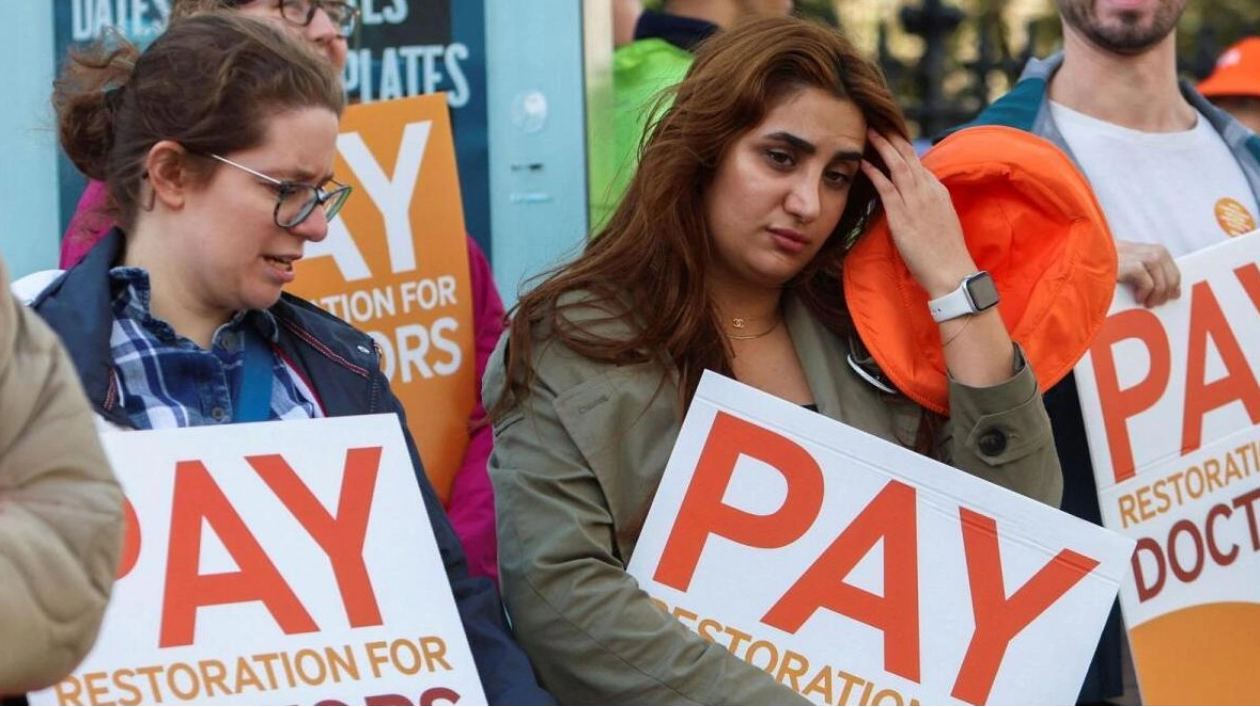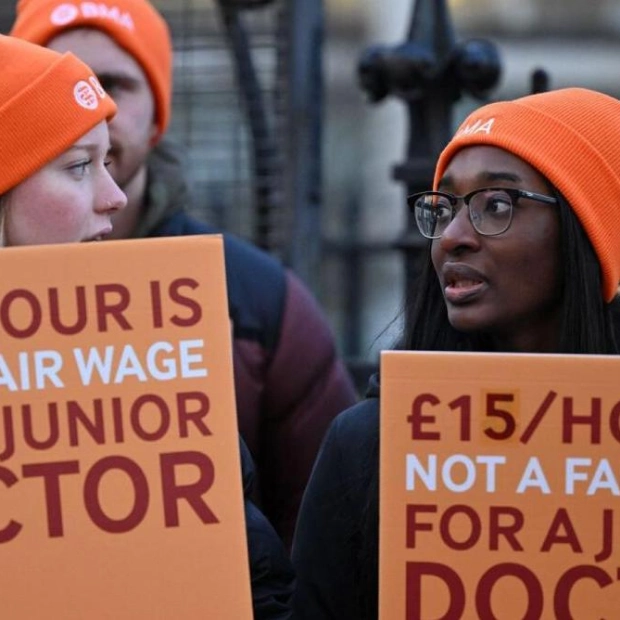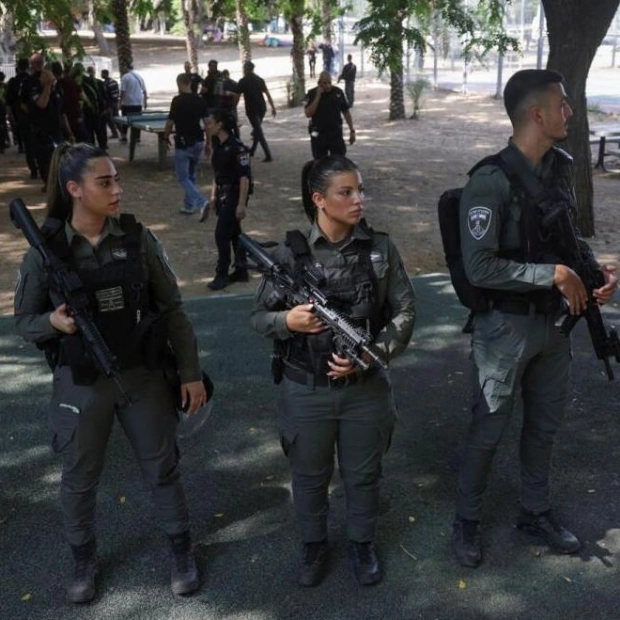Family doctors in England are set to engage in their first industrial action in 60 years, according to a Thursday announcement by their union, complicating efforts by Britain's new Labour government to halt strikes. The British Medical Association (BMA) revealed that 98 percent of over 8,500 general practitioners (GPs) voted in favor of collective action due to a dispute over funding. Doctors have cautioned that this action could commence immediately and persist for several months. The union warns that it could swiftly bring the state-funded National Health Service (NHS)—already struggling with years of underfunding and the aftermath of the Covid pandemic—to a standstill. This week, the government and the BMA reached an agreement to end strikes by junior doctors in England, who are below specialist, consultant-level and work in hospitals. Labour, which won a landslide victory in the general election on July 4, has prioritized addressing the crisis-hit NHS, promising to reduce lengthy waiting times for appointments and surgeries and to stem the outflow of professionals from the service. A key focus is resolving ongoing industrial disputes triggered by high inflation, which plagued the previous Conservative administration. The BMA stated that under the new action, GPs might restrict the number of patients they see daily to 25, down from sometimes over 40. Additionally, surgeries may opt out of performing certain contracted work. "This is a desperate measure. We've been unable to deliver the care we aim to provide for too long," said Katie Bramall-Stainer, chair of the BMA committee representing GPs in England. The BMA noted that the new GP contract, which includes a 1.9 percent funding increase for 2024-25, will likely make it financially challenging for many surgeries to remain viable. British media highlighted that the last collective action by GPs occurred in 1964. This action will not impact Scotland, Wales, or Northern Ireland, where healthcare is managed by local administrations. On Monday, the government and the BMA agreed to a 22.3 percent pay rise to resolve the dispute with junior doctors, which included the longest strike—six days—in the NHS's seven-decade history.

Text: Lara Palmer
01.08.2024
BMA-led action by GPs could bring NHS to a standstill as new Labour government seeks to end strikes





